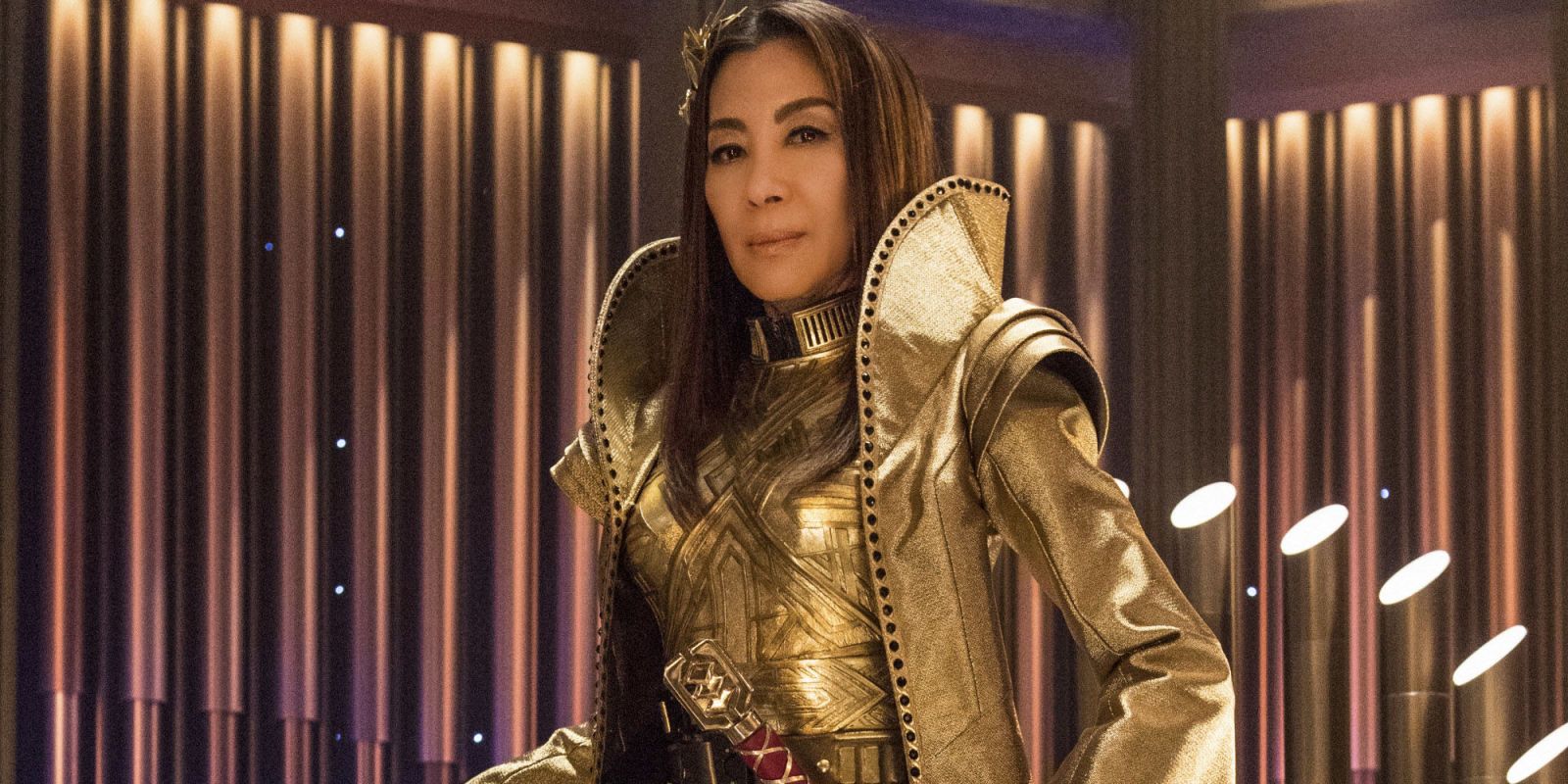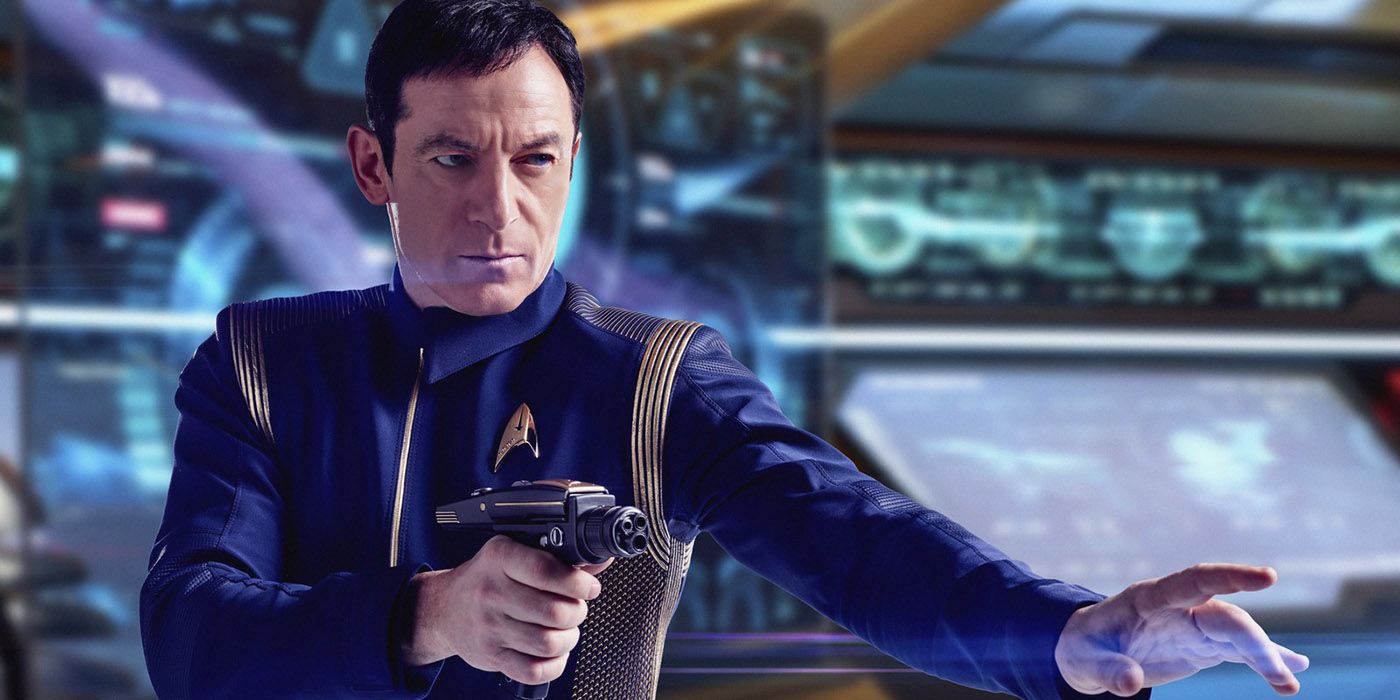According to the CEO of CBS, Leslie Moonves, streaming Star Trek: Discovery on CBS All Access directly led to the show's serialized structure. Star Trek: Discovery recently wrapped up its debut season and a second has already been green-lit but, as could have been expected, the latest Trek series attracted plenty of controversy from fans. Many hardcore followers of the franchise found Discovery's approach to canon somewhat relaxed, with particular criticism reserved for the modern Klingon design and Sarek's characterization. Discovery's producers have, however, promised that these discrepancies will be addressed in future episodes.
By far the most controversial aspect of Star Trek: Discovery is the platform on which it was released. Due to the popularity of the franchise, many viewers expected Discovery to air either on regular network television or on a popular streaming service such as Netflix. In fact, the series was eventually released on CBS' own subscription service, CBS All Access, and was made available to international viewers through Netflix. Naturally, this annoyed a large section of the Star Trek fanbase who were unwilling to shell out for a subscription purely on the strength of a single show.
Related: Jason Isaacs Bids Farewell To Star Trek: Discovery...For Now
The CEO of CBS has now claimed that it was the decision not to air Star Trek: Discovery on network TV that influenced its storytelling structure, suggesting that if the show hadn't been streamed, it would have utilized the crisis-of-the-week episode format familiar to fans of the original series. Speaking at the recent Technology, Media and Telecom Conference in San Francisco (via TrekMovie), Moonves stated:
"Star Trek could have gone on CBS, it could have gone on Showtime, it could have gone directly to Netflix instead of just international, for a lot of money... It is sort of different on All Access, they can be serialized. On CBS we try to avoid that generally. Network television generally works better when it is not serialized."
Moonves' assertion that network TV generally works better when not serialized is a point of view certainly up for debate, especially when considering the biggest show on the planet right now is Game of Thrones. Other big names such as The Walking Dead could also be held up as an example to prove that theory incorrect.
On the other hand, perhaps Moonves has a point when it comes to network TV shows having enduring appeal. Serialized network projects, no matter how strongly they perform, often suffer a downward trend - something The Walking Dead has experienced of late. Furthermore, older serialized shows such as Lost began strongly but dropped viewers because audiences struggled to keep up with the long-term storytelling and the fact that missing one episode made next week's installment difficult to follow. Conversely, there are TV shows comprised of largely standalone episodes such as Supernatural and The Big Bang Theory whose season count has reached double digits, although both series do contain serialized elements.
With regards to Star Trek: Discovery, the show's season-long arcs were generally well received and the dramatic final scene reveal sent ripples throughout the fandom. As such, Discovery perhaps benefited from not being on network TV - though the fans that handed over their hard-earned cash for CBS All Access may disagree.
More: Star Trek: Discovery Should Introduce Spock In Season 2
Star Trek: Discovery season 2 is currently without a premiere date. More as it arrives.
Source: TrekMovie


